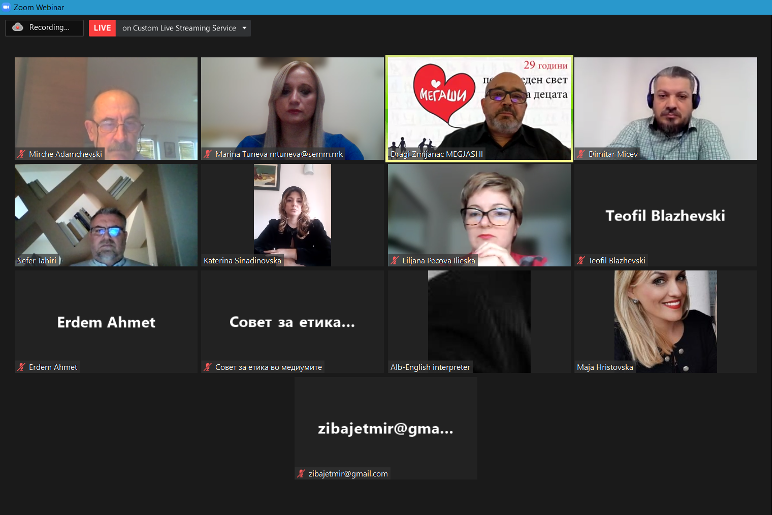The recommendations imply that the media are to accentuate their educational and preventive role when reporting on children and youths and to protect them against disinformation, propaganda or manipulation. Furthermore, they are to protect children and youths when they act as sources of information, and not only as victims, to preserve their identity and abide by the principle of presumption of innocence.
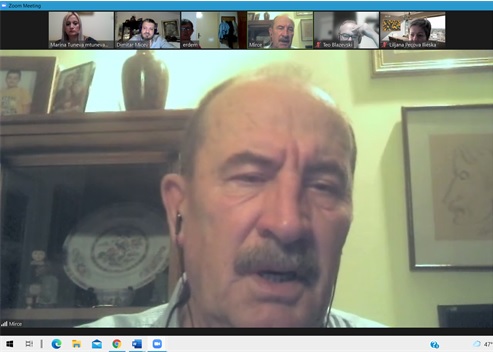
In the course of today’s presentation of the recommendations, the Executive Director of CMEM, Ms. Marina Tuneva underlined that the Council shall continue to monitor the work of media, and shall work on promotion and upgrading of any ethical and professional standards applicable to reporting.
‘In the series of events taking place over the past months, both with our counterparts from media, and with the civil sector, emphasis was laid on the necessity of adhering to and maintaining the highest ethical and professional standards as regards protection of children, improvement and affirmation of their rights without jeopardizing freedom of expression and affecting the independence of journalism’, stated Ms. Tuneva.
The President of the Managing Board of CMEM, Ms. Katerina Sinadinovska, underlined that these recommendations refer to the manner of representation of children and youths in media contents and their presentation.
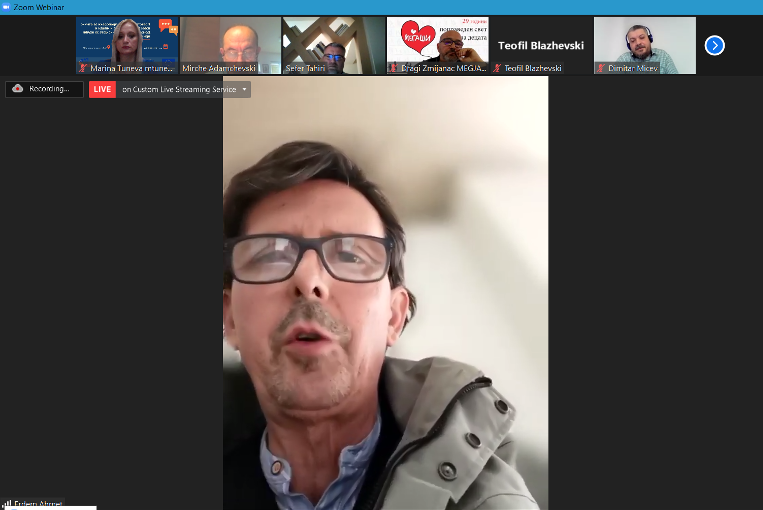
‘Two aspects were of pivotal importance in the drafting of these recommendations. The former is as regards children and youth’s non-representation in media, i.e. how they are to be protected from the public and where lies the borderline between the public interest and disclosure of children and youth’s identity.
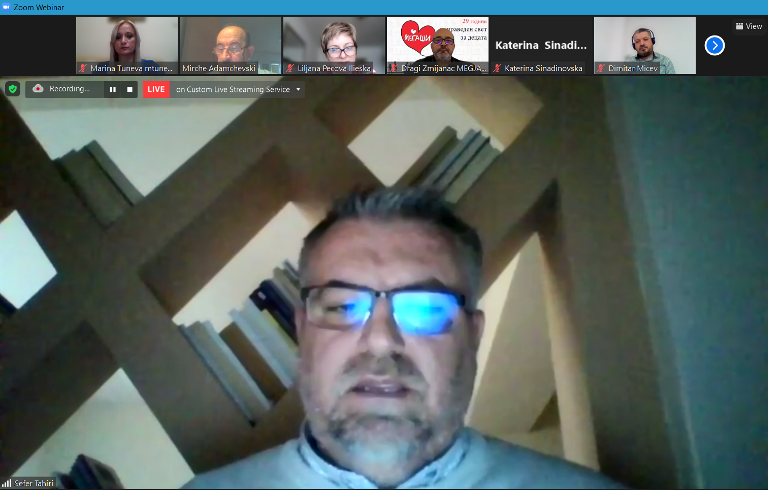
The latter is as regards their engagement in reporting and the manner of reporting in such circumstances’, underlined Ms. Sinadinovska. The President of CMEM added that in the future these recommendations would serve as a supplement to the Code of Journalists and as the foundation for the drafting of separate guidelines as regards reporting on children and youths.
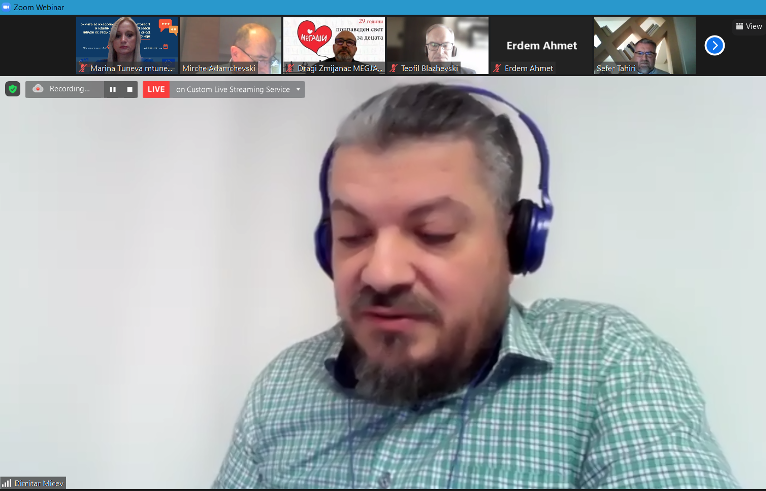
The President of Megjashi, Mr. Dragi Zmijanac, emphasized the necessity of giving priority to children’s interests and refrain from any sensationalism for the sake of greater visibility and higher viewer figures of the medium.
‘There is an evident increase in the level of awareness on the part of journalists when reporting without inflicting harm onto children – avoiding double stigmatization, victimization, labeling and exposing children to any additional hazards of any kind’, stated Mr. Zmijanac.
Upon the presentation of the recommendations, there was an open session of the Complaints Commission, in the course of which the participants discussed the professional and ethical media standards pertaining to reporting on children and youths. The President of the Commission, Mr. Mirche Adamchevski, stated that the recommendations would be an asset and of benefit.
‘In practice there have been numerous cases involving youths and to date we have been using the Code of Journalists. However, I am of the opinion that we could more accurately and easily review any new complaints lodged with reference to youths’ protection’, said Mr. Adamchevski.
Today’s event of CMEM took place within the framework of the Media Literacy Week, and as a segment of the project entitled EU Support to Improvement of Media Literacy financed by the EU Delegation.
The open session of the Press Complaints Commission was organized as part of the UNESCO EU-funded Project “Building Trust in Media in South East Europe and Turkey – phase 2” #TrustinMediaSEE
